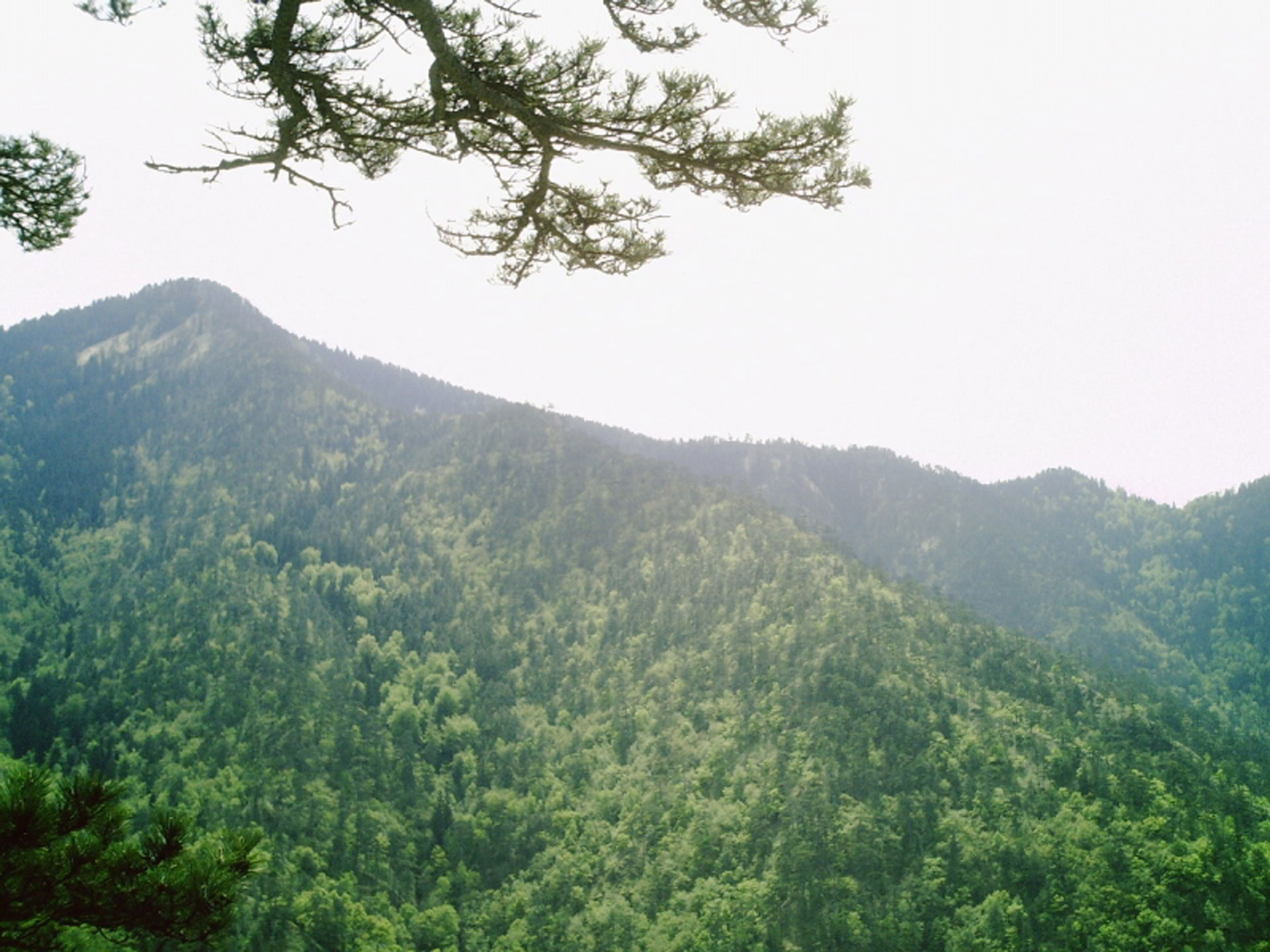Konjuh planinom – a Yugoslav partisan hymn
In the summer of 1941, a group of miners from the village of Husino and the Kreka coal pits in northern Bosnia, mostly Croats, infiltrated a local fascist organization. After receiving weapons, they left for the Ozren Mountain, where they joined a partisan detachment composed of a small group of communists and a mass of Serb villagers. There, the Husino Miner Proletarian Company was established. On 30 October the partisans fought the Croatian Home Guard on the road between Tuzla and Kladanj. At the very end of the battle, a miner from the village of Lipnica, Pejo Marković, was heavily wounded. He succumbed to his wounds, and his comrades buried him at the top of a nearby mountain, the Konjuh Mountain.
The funeral was attended by Miloš Popović Đurin, a young communist from Banja Luka in western Bosnia, who was trying to reach home from occupied Serbia. His peculiar case is a story in itself: Đurin was a long–standing member of the KPJ, for which he was arrested and kicked out of the university. Conscripted in the April War, he refused to surrender and joined the retreating officers into western Serbia. There, he infiltrated one of the newly formed royalist Chetnik detachments, and sent reports about them to the closest Party committee. At one point he was discovered, so he left for Bosnia. Midway home, he joined the advancing partisans, and, impressed by the miner’s burial, he began to write the lyrics.
Not long afterwards, Đurin crossed paths with Oskar Danon, a young Jewish partisan from Sarajevo, who studied music in Prague and defended a doctorate on Claude Debussy. Danon, in retreat from eastern Bosnia, also linked up with the Ozren partisans. He adapted an old Russian melody, and, combined with Đurin’s lyrics, created “Konjuh planinom”, a song that would soon become a popular partisan hymn. The last addition was made by Đurin next summer when he was crossing over the Konjuh. His new unit stopped at the fallen miner’s grave. Inspired by the hoisted red flag and the fields covered in heather blossom, Đurin added a new verse, describing the mountain turning bloody red. Danon, the composer, would live to be 96, but Đurin would not. He died during the battle of the Sutjeska in 1943. His death was rather symbolic. Đurin was struck by a bullet while removing a leather bag from a fallen German officer. He needed one for his notebooks…
Vladan Vukliš


